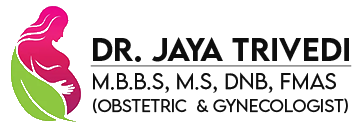What is high blood pressure in pregnancy?
Blood pressure is the force of your blood pushing against the walls of your arteries as your heart pumps blood. High blood pressure, or hypertension, is when this force against your artery walls is too high. There are different types of high blood pressure in pregnancy:
- Gestational hypertension is high blood pressure that you develop while you are pregnant. It starts after you are 20 weeks pregnant. You usually don't have any other symptoms. In many cases, it does not harm you or your baby, and it goes away within 12 weeks after childbirth. But it does raise your risk of high blood pressure in the future. It sometimes can be severe, which may lead to low birth weight or preterm birth. Some women with gestational hypertension do go on to develop preeclampsia.
- Chronic hypertension is high blood pressure that started before the 20th week of pregnancy or before you became pregnant. Some women may have had it long before becoming pregnant but didn't know it until they got their blood pressure checked at their prenatal visit. Sometimes chronic hypertension can also lead to preeclampsia.
- Preeclampsia is a sudden increase in blood pressure after the 20th week of pregnancy. It usually happens in the last trimester. In rare cases, symptoms may not start until after delivery. This is called postpartum preeclampsia. Preeclampsia also includes signs of damage to some of your organs, such as your liver or kidney. The signs may include protein in the urine and very high blood pressure. Preeclampsia can be serious or even life-threatening for both you and your baby.
Who is at risk for preeclampsia?
You are at higher risk of preeclampsia if you:
- Had chronic high blood pressure or chronic kidney disease before pregnancy
- Had high blood pressure or preeclampsia in a previous pregnancy
- Have obesity
- Are over age 40
- Are pregnant with more than one baby
- Are African American
- Have a family history of preeclampsia
- Have certain health conditions, such as diabetes upus or thrombophilia (a disorder which raises your risk of blood clots
- Used in vitro fertilization, egg donation, or donor insemination

